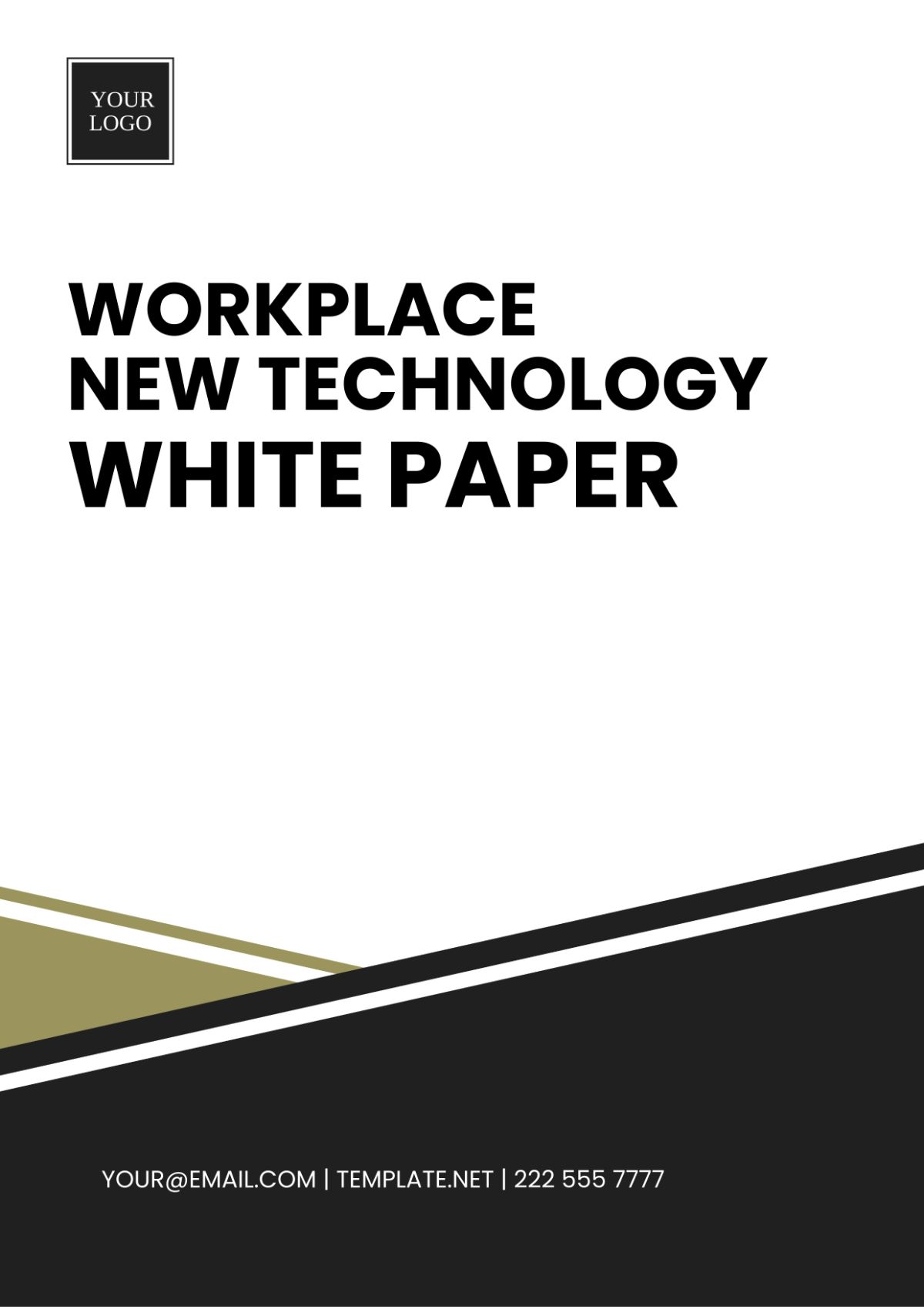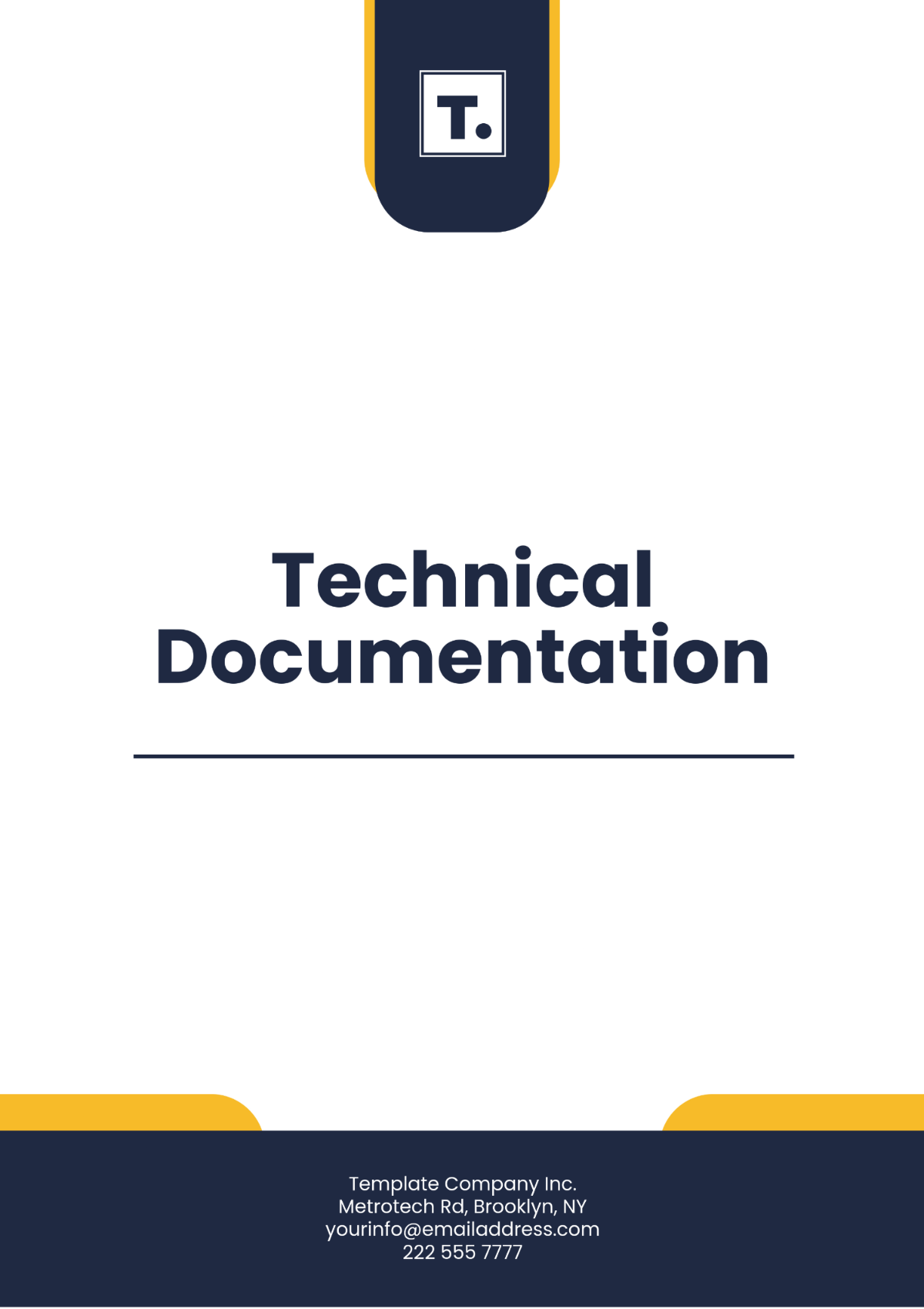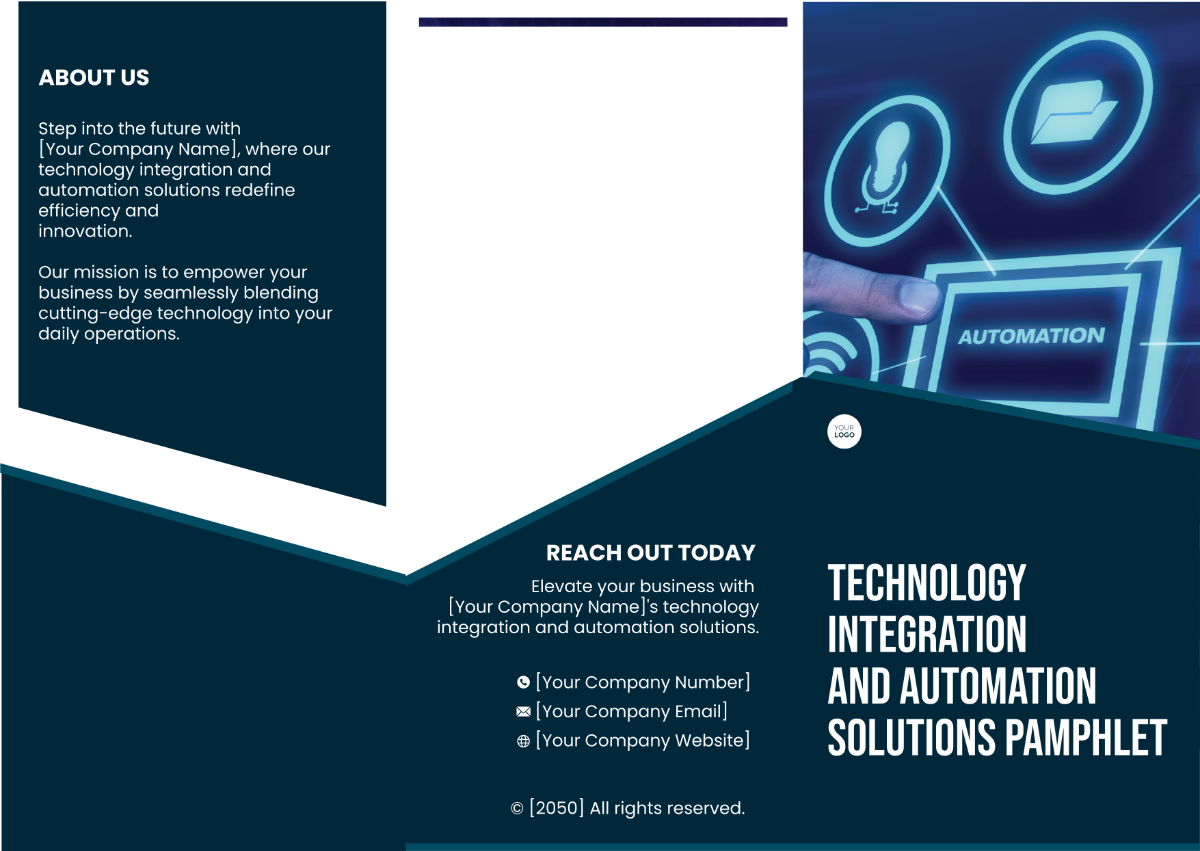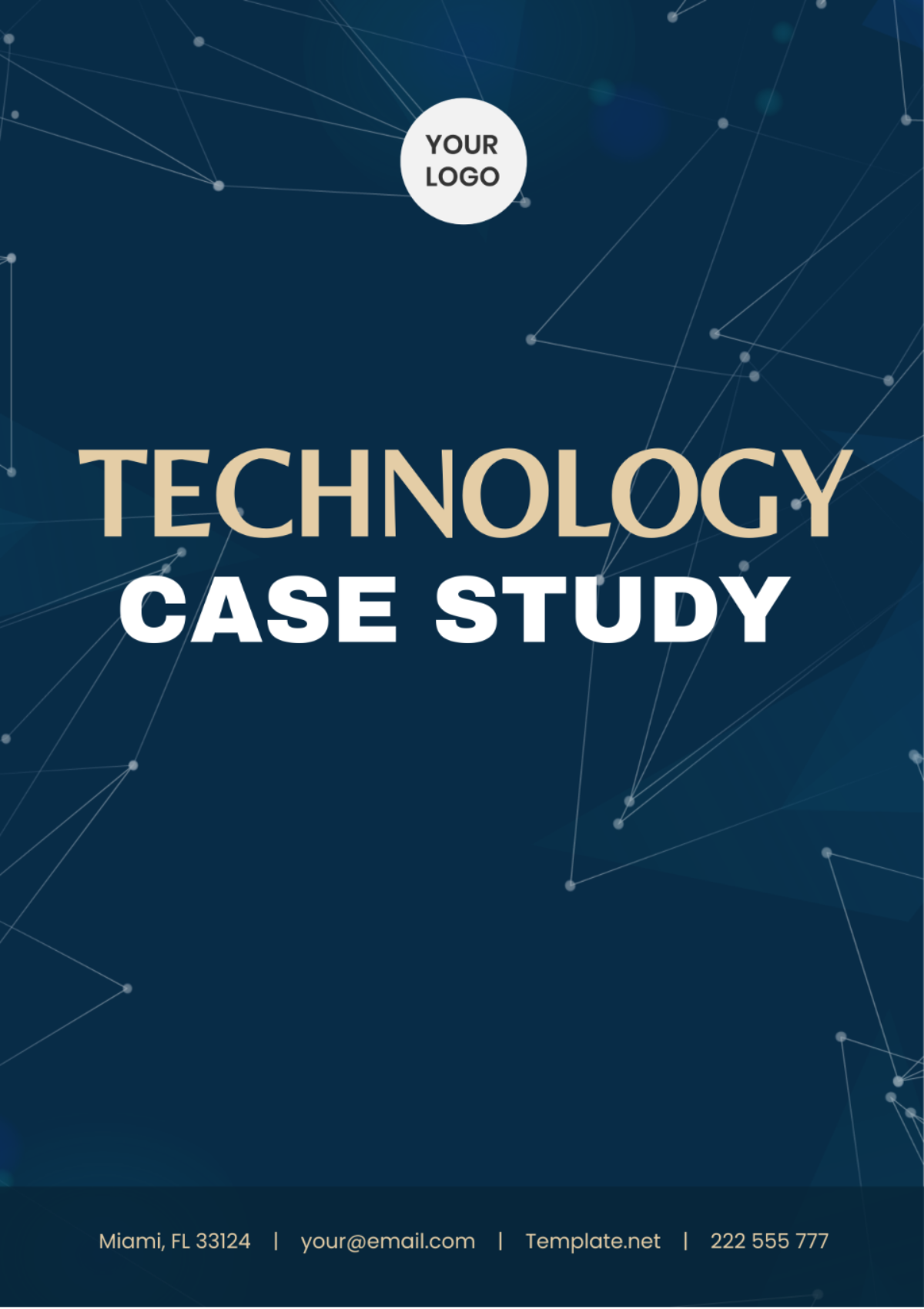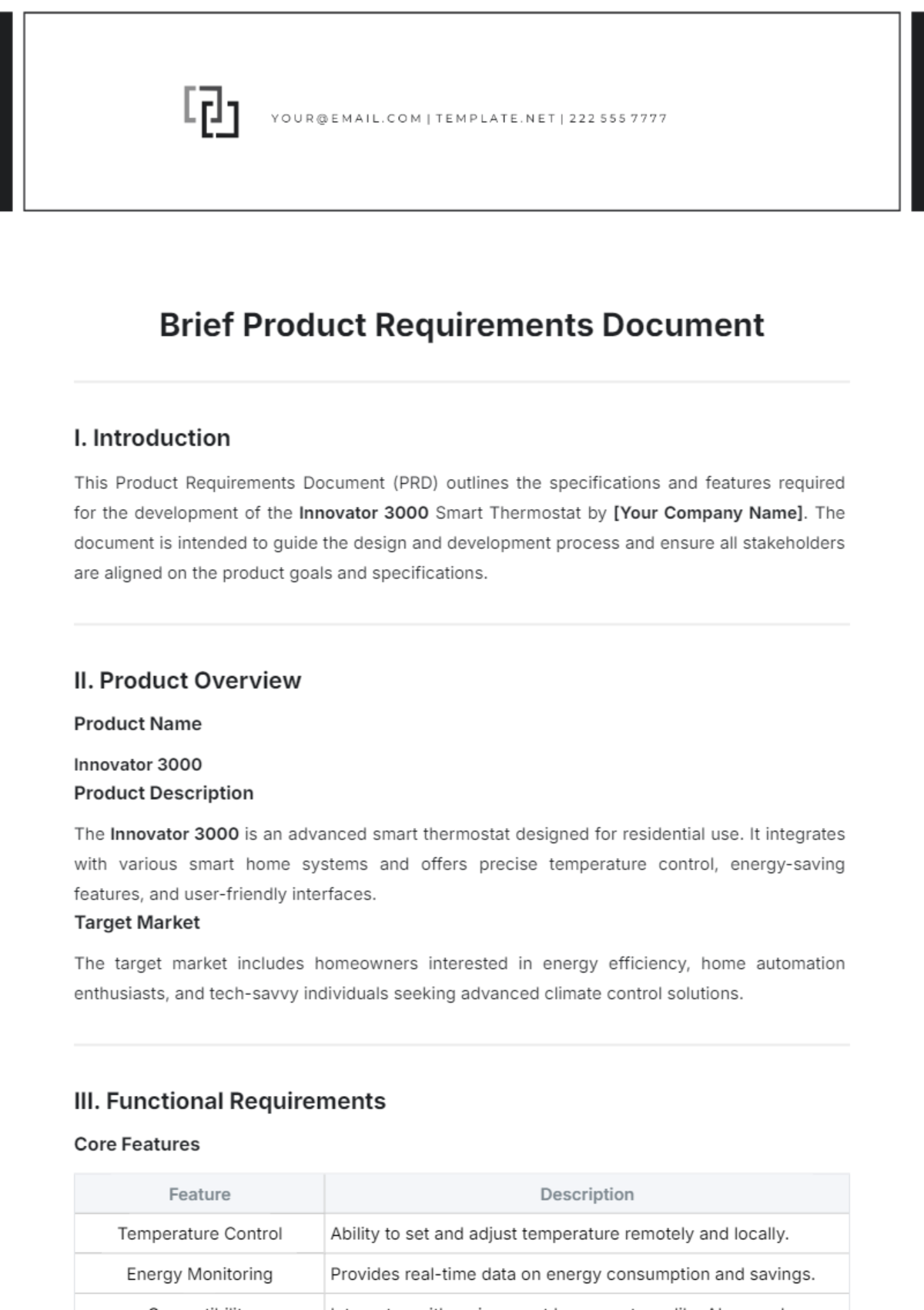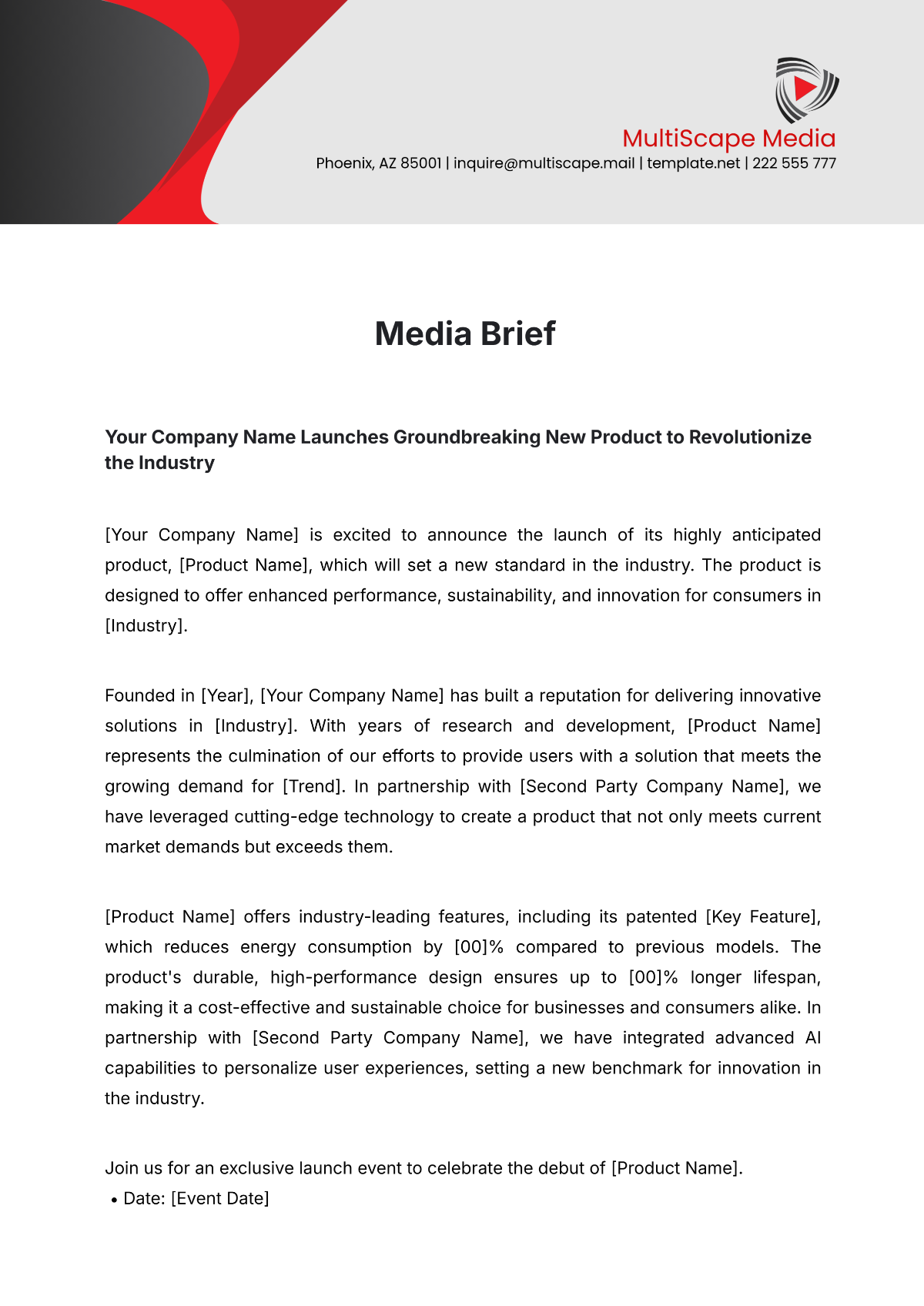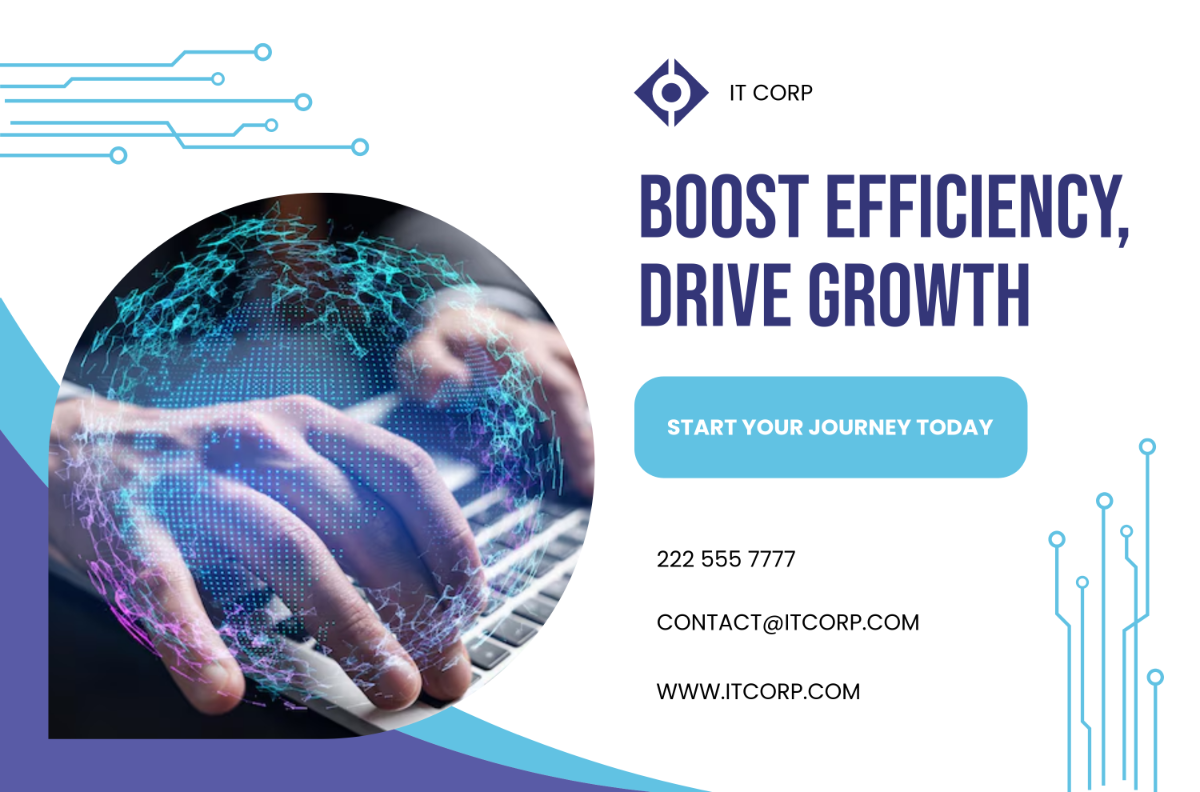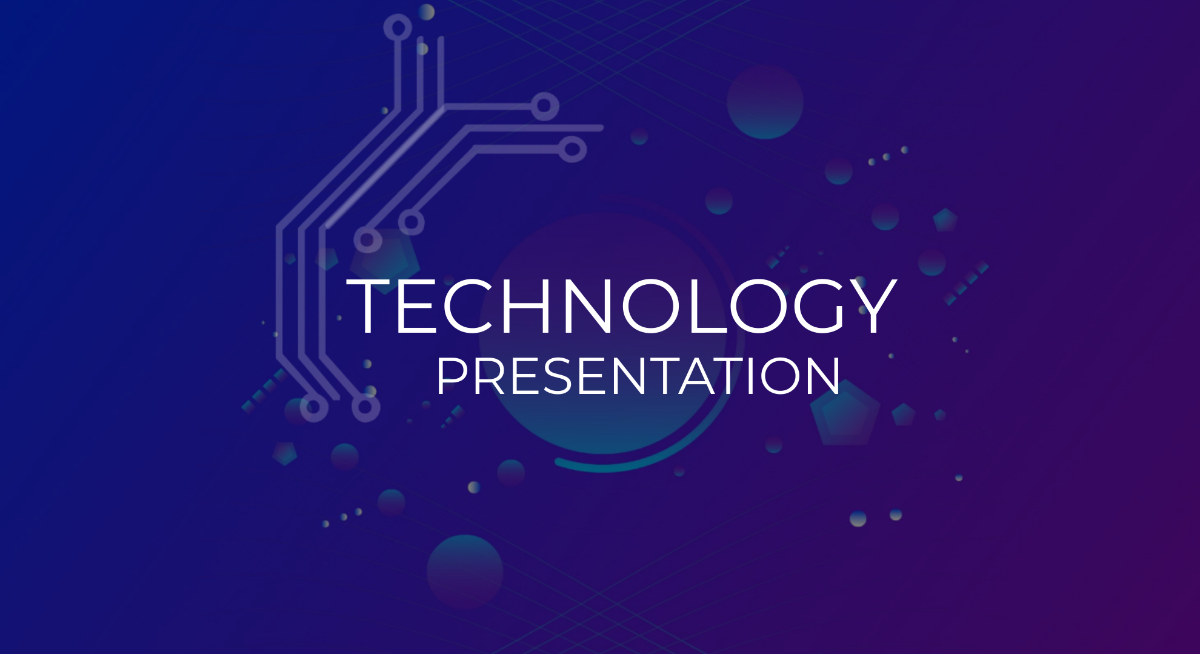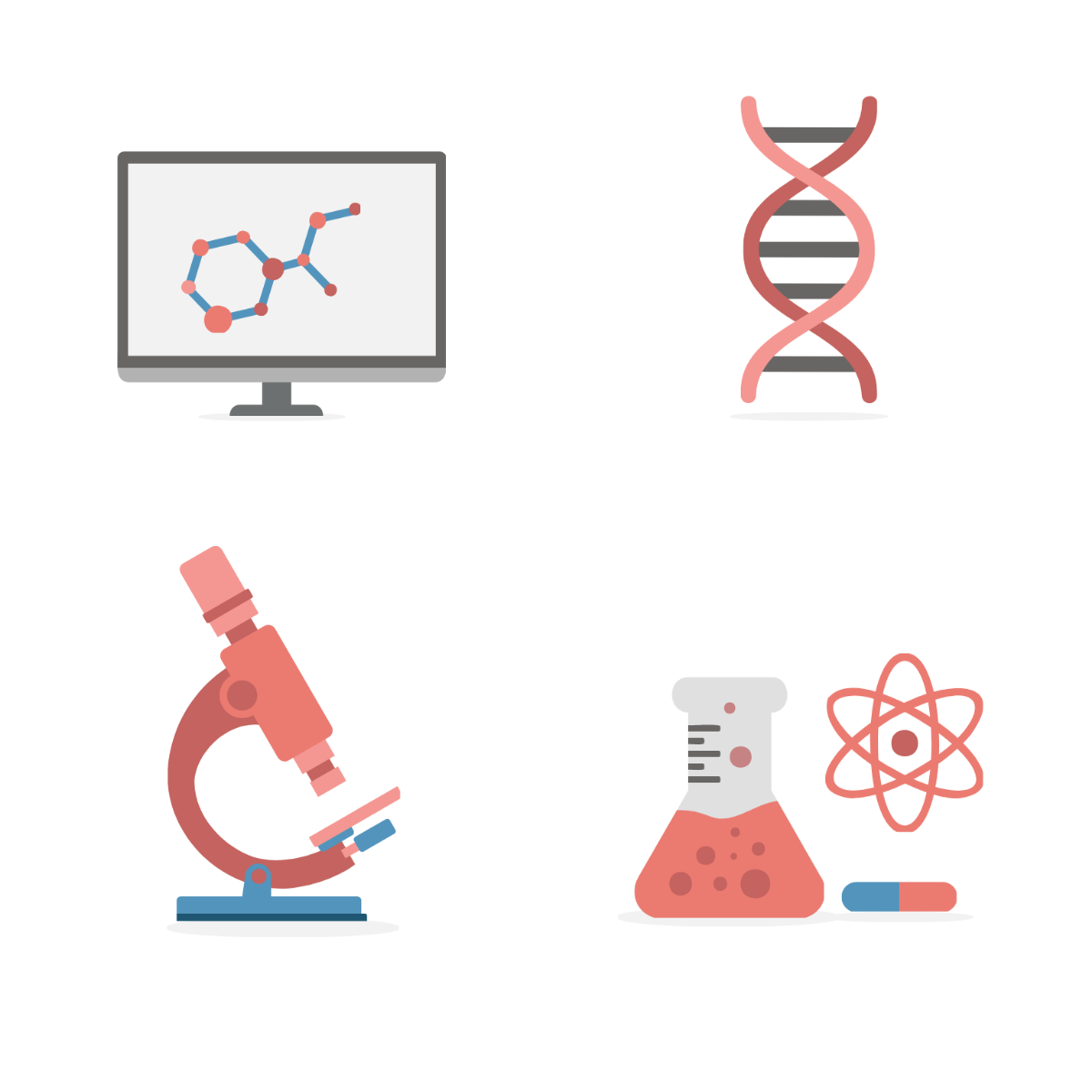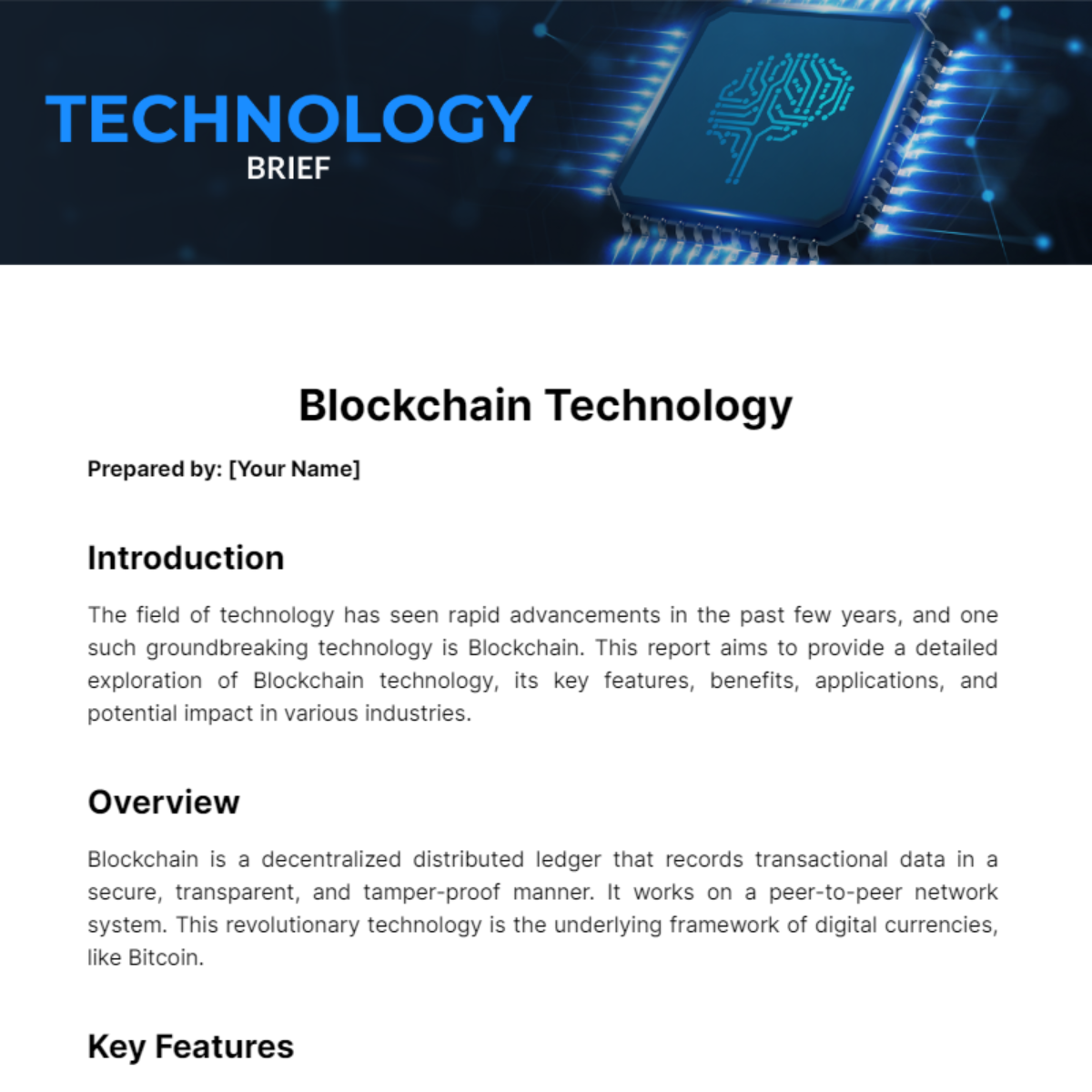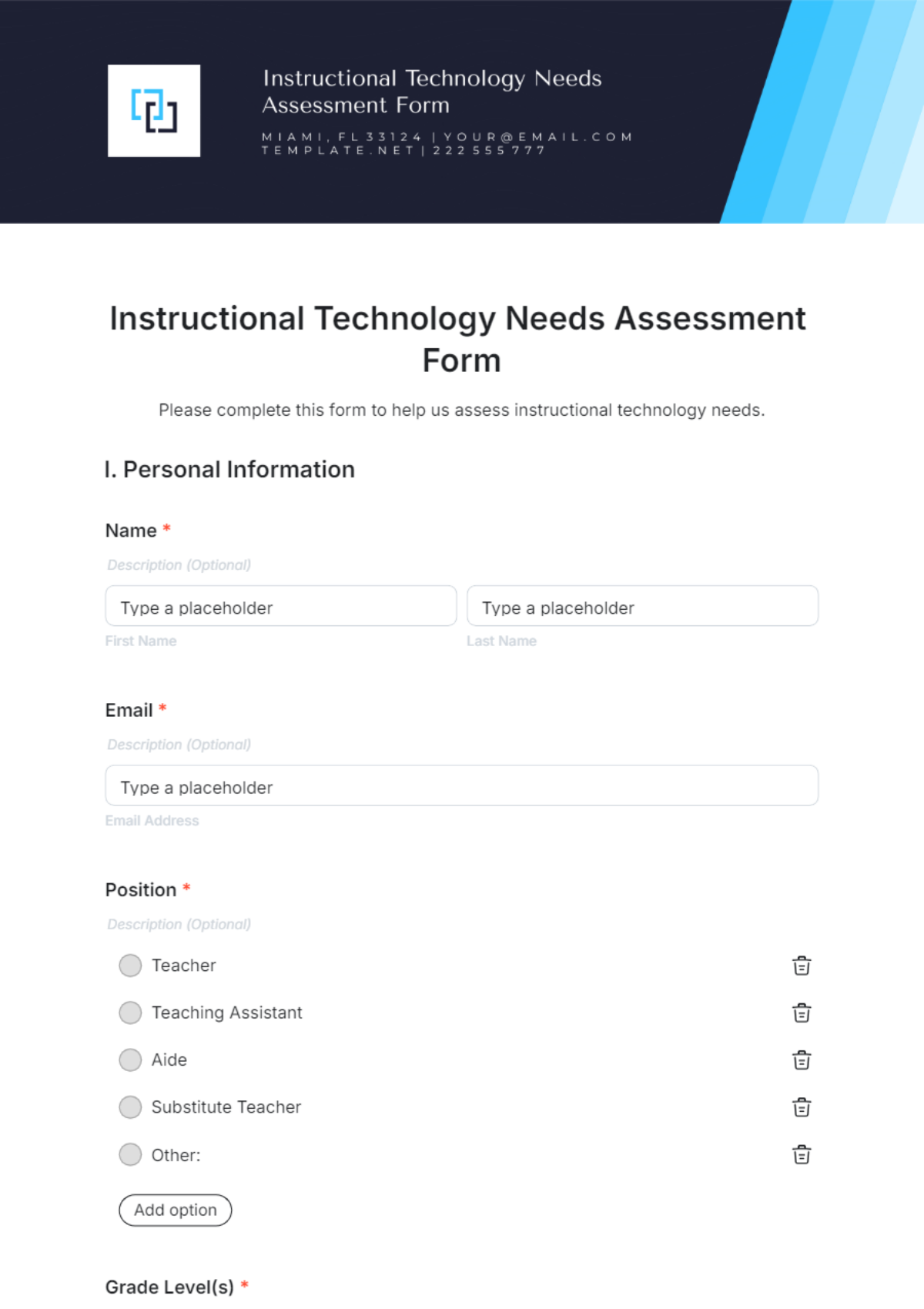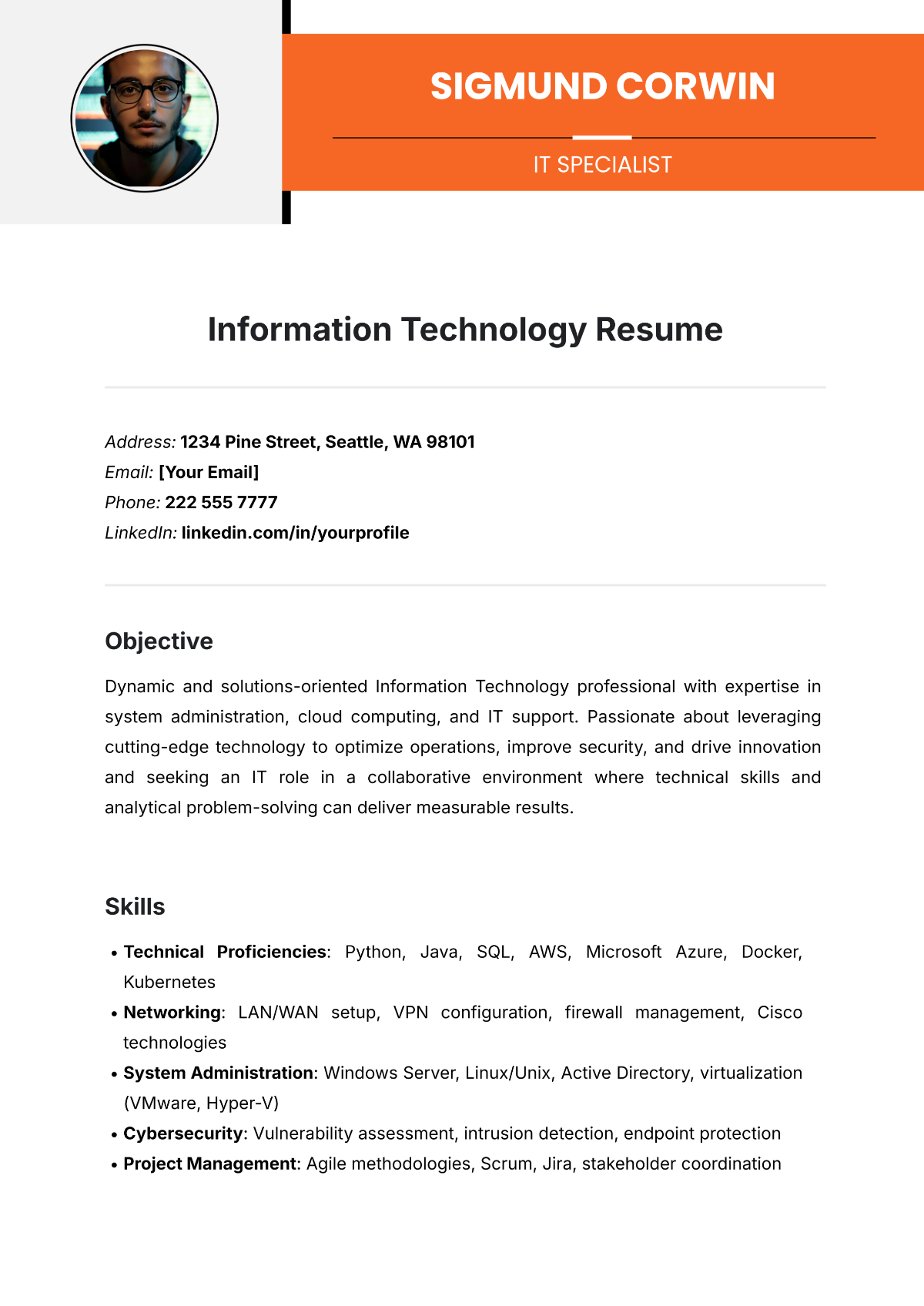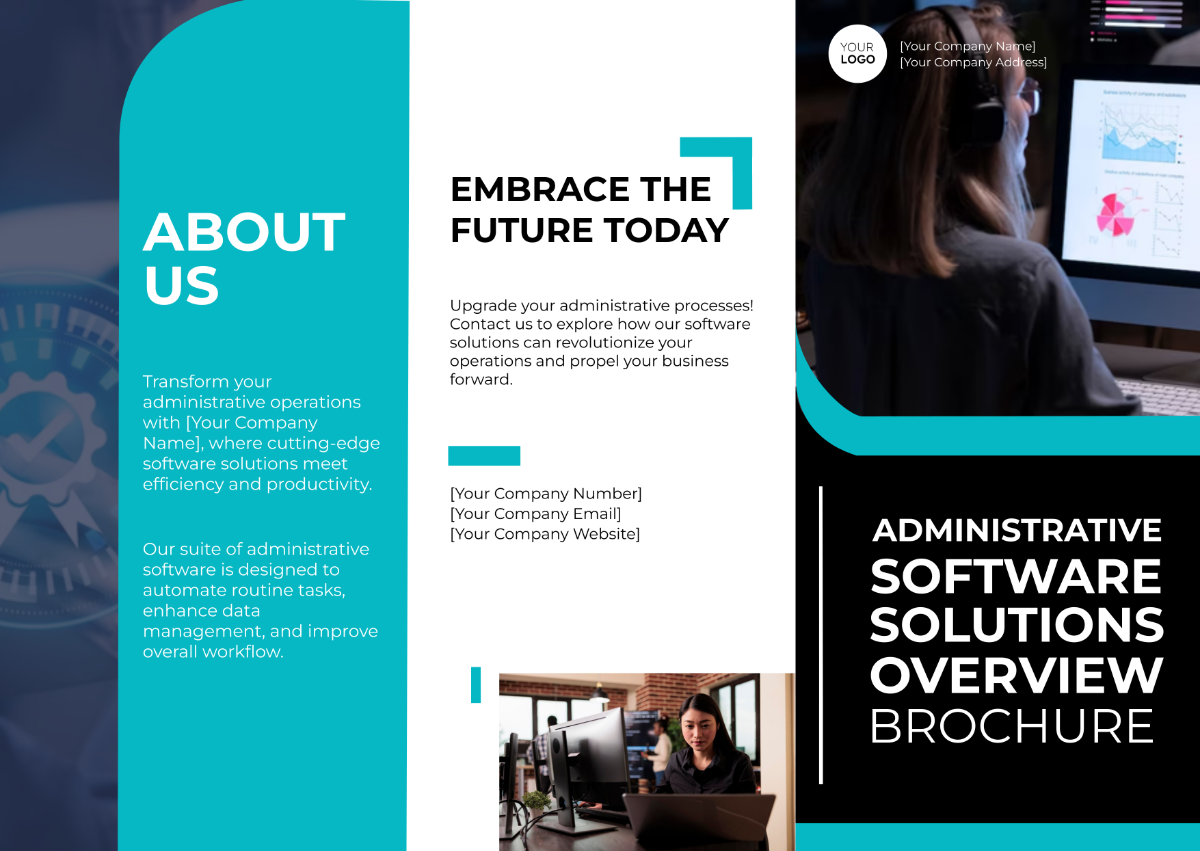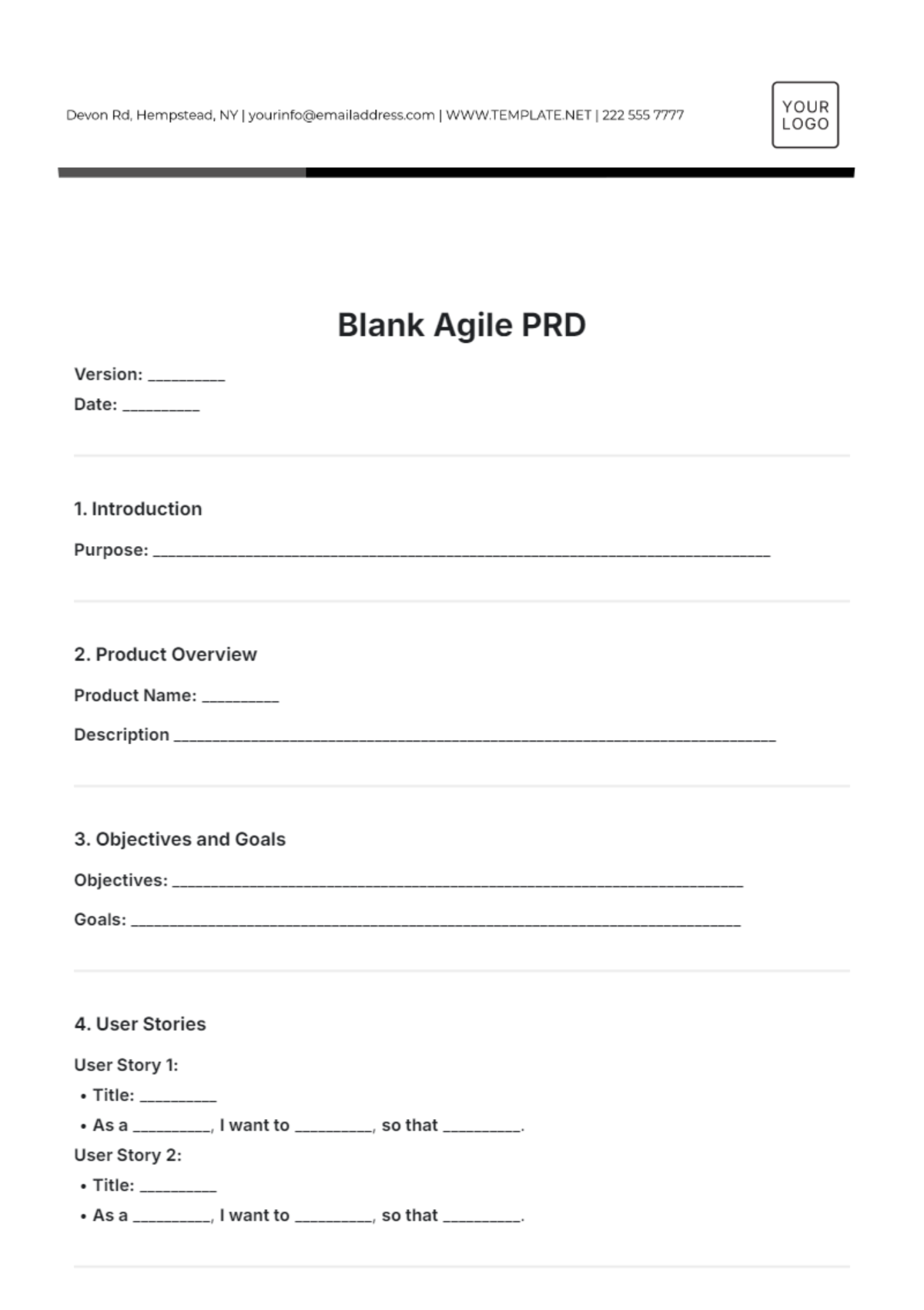IT Systematic Review
Prepared by: [YOUR NAME]
Date: [DATE]
I. Introduction
The rapid evolution of Information Technology (IT) necessitates continuous evaluation of its advancements and effects. This systematic review synthesizes current research on IT systems development, implementation, and effectiveness. The primary aim is to provide a comprehensive analysis of existing literature to identify trends, challenges, and future directions. Key research questions addressed include:
What are the common methodologies used in IT system development?
What impacts do IT systems have on organizational efficiency?
What challenges are commonly faced, and how are they mitigated?
II. Methods
The methodology of this systematic review adheres to rigorous academic standards to ensure the validity and reliability of findings. The search strategy included databases such as IEEE Xplore, PubMed, and Google Scholar. Keywords used in the search were "IT systems," "information technology implementation," "organizational efficiency," and "IT challenges." Inclusion criteria were peer-reviewed articles published in the last decade, studies focused on real-world IT implementations and articles written in English. Exclusion criteria consisted of non-peer-reviewed sources, studies older than ten years, and those focused solely on theoretical models without empirical data.
Data extraction procedures involved systematically reading the abstracts of returned articles, followed by a thorough review of full texts for those meeting inclusion criteria. Data from these articles were recorded in a standardized extraction form, capturing key details such as study design, sample size, IT systems examined, outcomes measured, and key findings.
III. Results
The review incorporated 42 studies that met all inclusion criteria. The findings were summarized under several themes:
Methodologies: The majority of studies adopted Agile and DevOps methodologies for IT system development, emphasizing iterative and collaborative approaches.
Impacts on Efficiency: Numerous studies reported significant improvements in organizational efficiency post-implementation of IT systems, particularly in sectors like healthcare, finance, and education.
Challenges: Common challenges identified included integration issues, data security concerns, and resistance to change among end-users.
Mitigation Strategies: Effective strategies to overcome these challenges included comprehensive user training programs, robust cybersecurity measures, and phased implementation plans.
IV. Discussion
The findings underscore a shift towards Agile and DevOps methodologies, reflecting a preference for flexible and dynamic IT system development. The documented efficiency improvements reinforce the benefits of IT investments. Persistent challenges, such as integration issues and data security, require ongoing focus. Effective mitigation strategies offer practical solutions for future IT implementations.
Implications for Practice: Organizations should prioritize extensive staff training and strong cybersecurity measures to greatly improve the effectiveness and security of their IT systems, requiring a methodical strategy for education and the implementation of advanced security protocols for a robust and efficient IT infrastructure.
Future Research Directions: Further studies should investigate the long-term impacts of IT implementations and evolving IT challenges. Limitations of this review include potential publication bias and the exclusion of non-English studies.
V. Conclusion
This review offers a detailed synthesis of current IT systems research. It highlights the effectiveness of Agile and DevOps methodologies, the significant efficiency gains from IT implementations, and the common challenges along with their mitigation strategies. These insights are valuable for practitioners and researchers. Future research should continue exploring long-term impacts and the evolving landscape of IT challenges.
VI. References
Smith, J.D., & Patel, R.K. (2051). Innovations in Agile Methodologies: A Comprehensive Review. Journal of Information Technology Research, 33(2), 112-130.
Lee, M.T., & Johnson, A.L. (2053). Evaluating the Impact of DevOps on Organizational Efficiency. International Journal of IT and Management Studies, 27(4), 45-62.
Brown, E.P., & Zhao, L. (2055). Overcoming Integration Challenges in IT System Implementations. Journal of Systems Integration, 19(1), 88-104.






